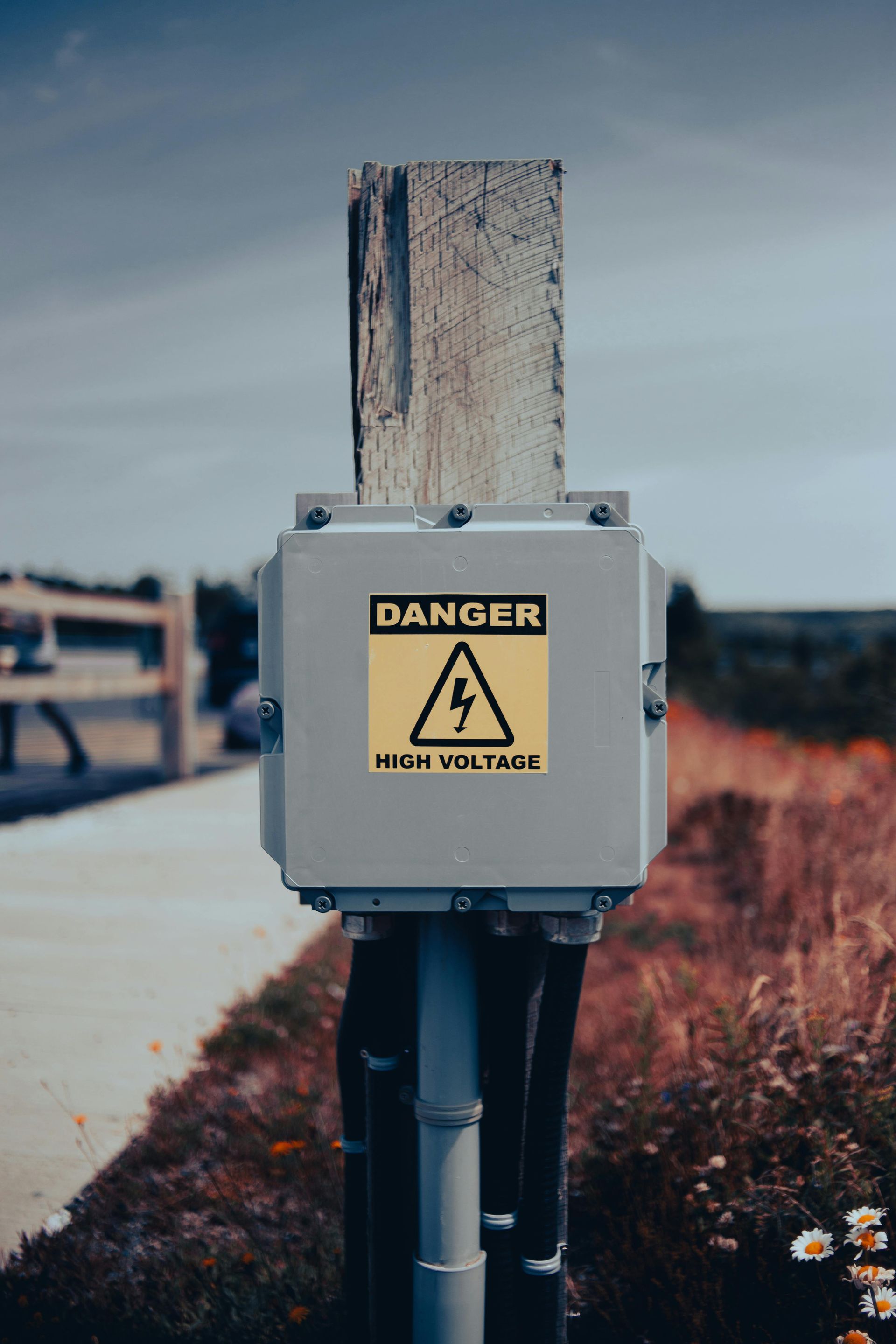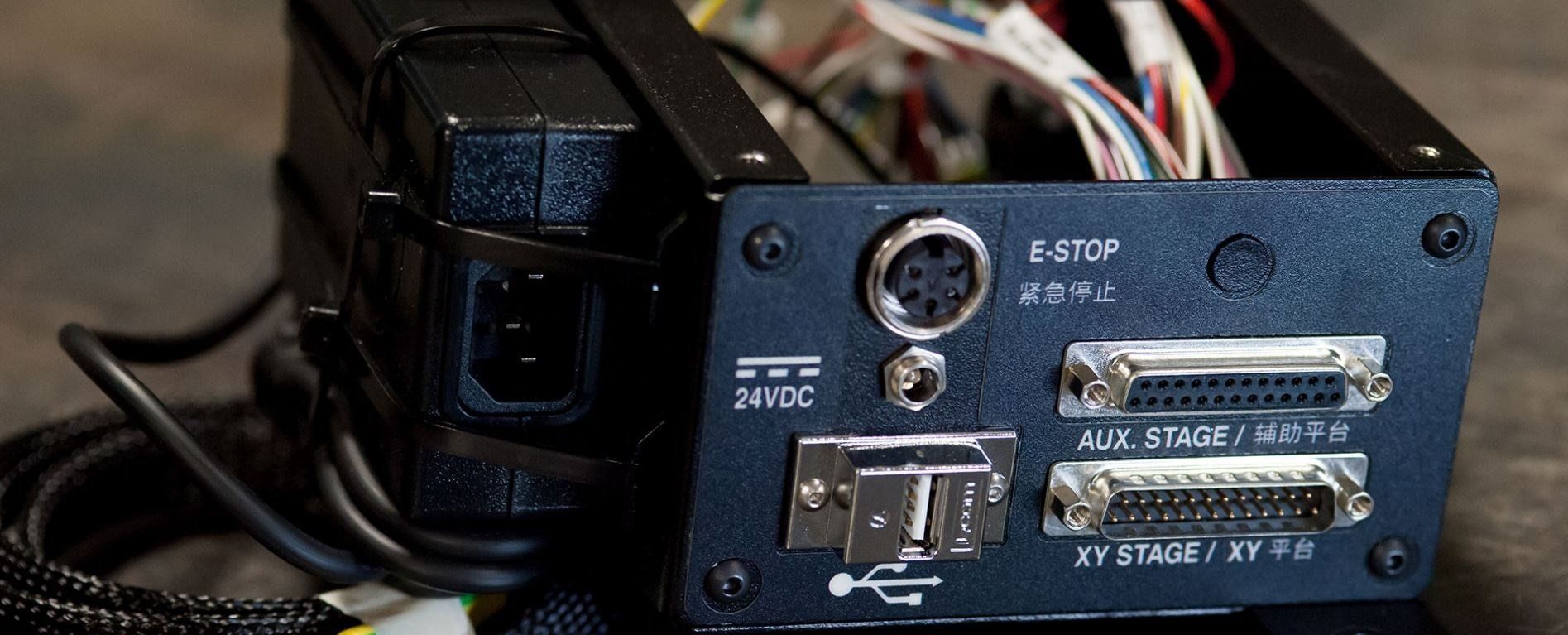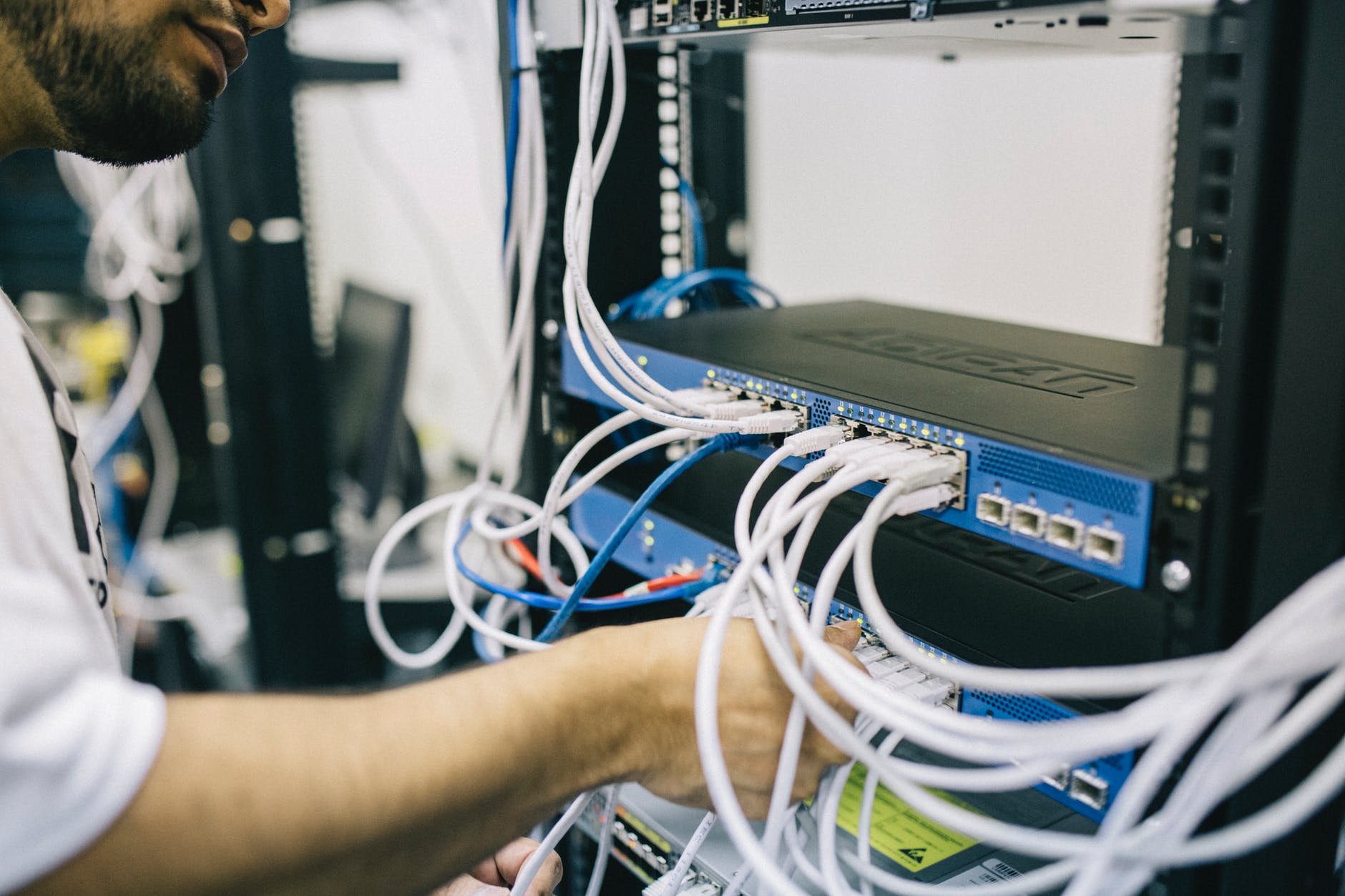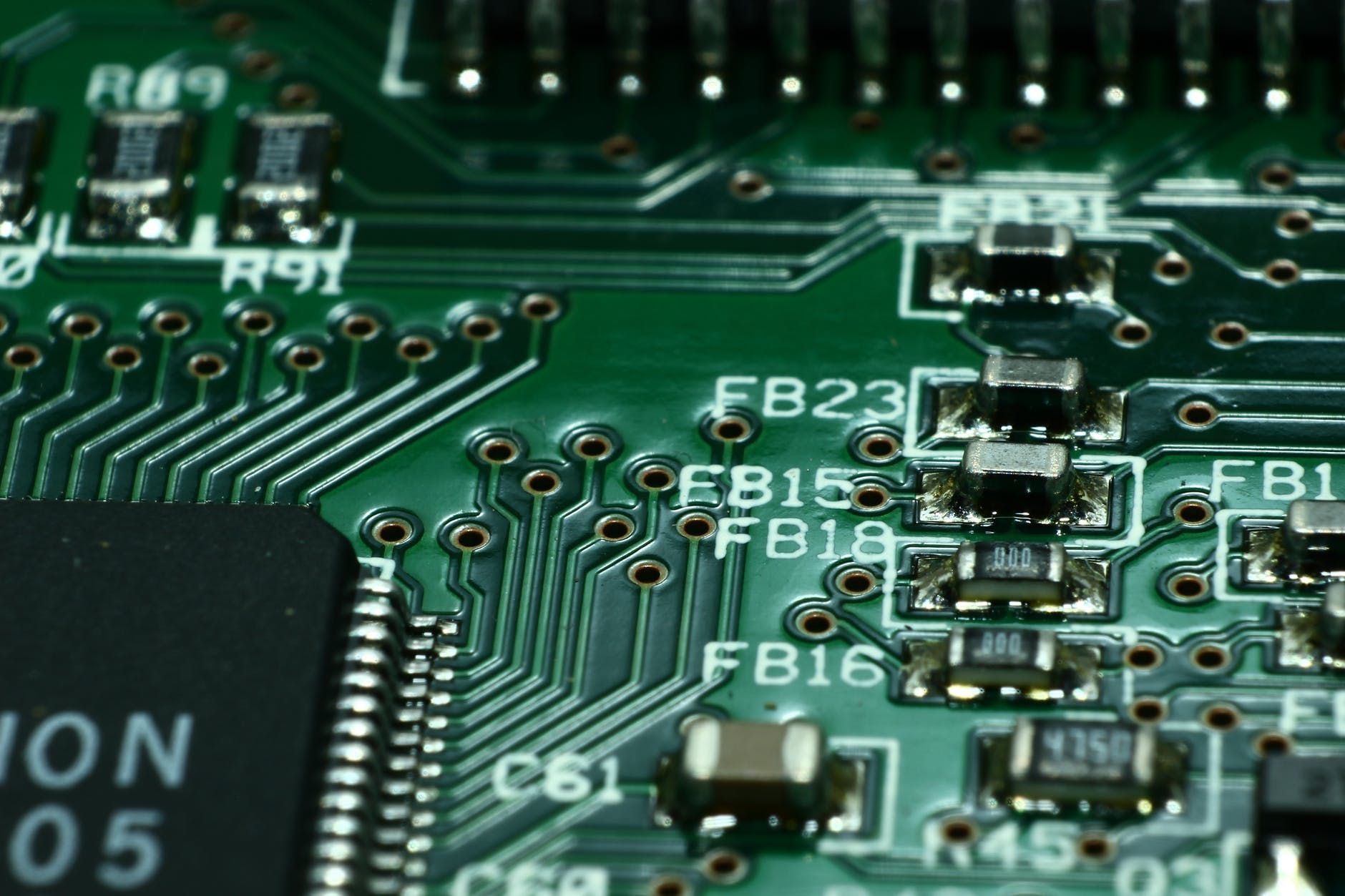Impacts Of E-Waste & How to Reduce It
As the society is getting evolved technologically, along with the benefits it contains numerous hazards too. In a place where the normal waste management is done on meagre basis, measures to curb the pilling up of e-waste should be done efficiently and sincerely. Let's see what are different kinds of e-waste.
Different Types of E-Waste.
Mainly e-waste is categorized as three
- Large household appliances (42%)
- Consumer electronics (13.7%)
- IT and communication technology equipment (33.9%)
Some of the common items in the household that amounts to e-Waste are
- Large household appliances like washing machine, refrigerators, freezers etc.
- Monitoring & controlling equipment.
- Medical equipment systems.
- Electrical & electronic tools like drills, saw etc.
- Small household appliances like coffeemaker, irons, toasters, hairdryers)
- IT & communication related equipment like laptops, phones, printers, scanners etc.
- Consumer equipment like TV, radios, electric toothbrush.
- Lighting equipment.
- Toys & sports equipment.
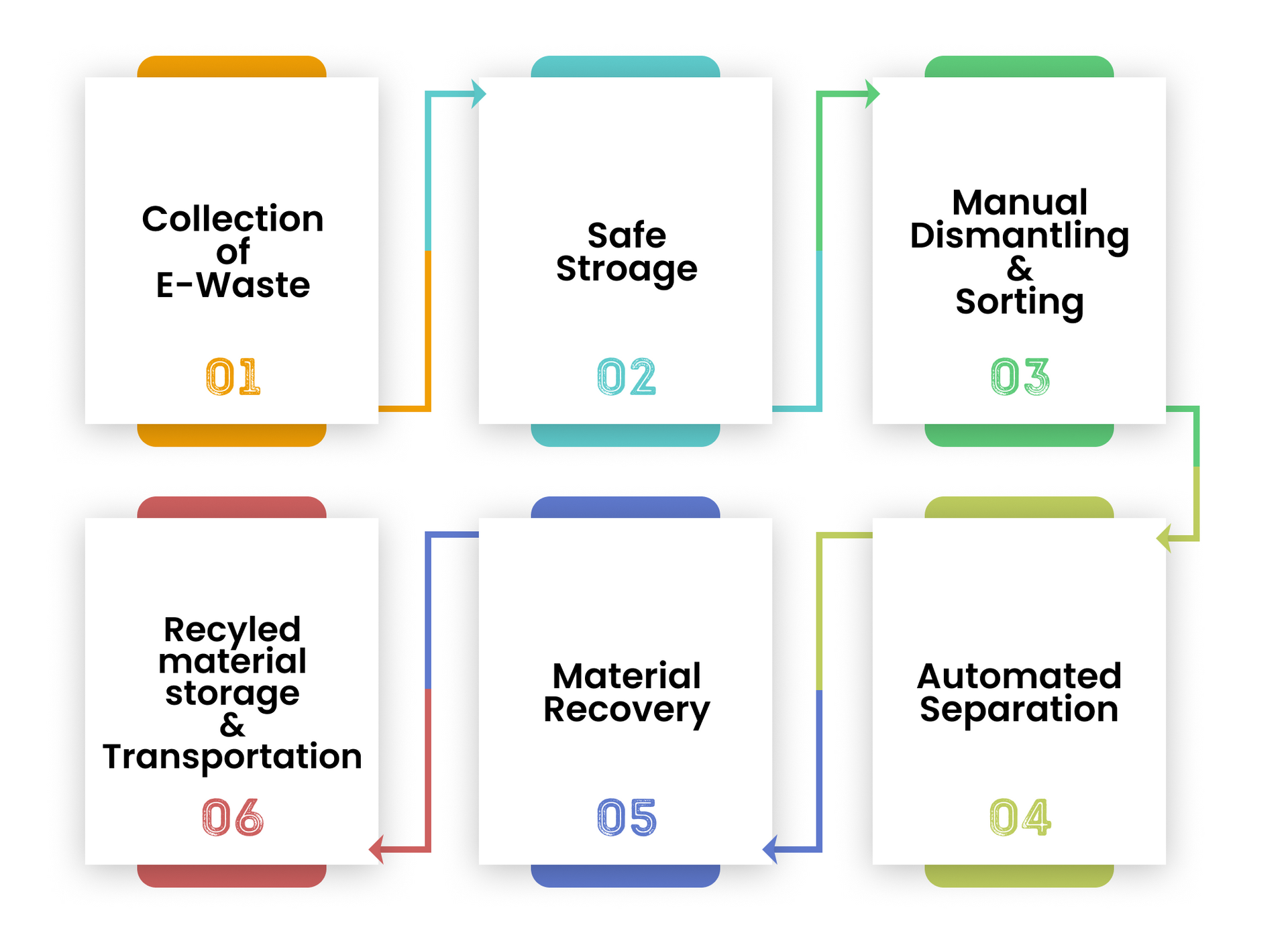
Benefits of e-waste Recycling.
Most effective way of recycling e-waste should be to reuse it again and again. Most of the electronic waste contains components that can be used in future separately though the main device is not usable. Reusing also saves the fuel and time taken to create the same components again from scratch. There are many benefits of recycling like
Conserves natural resources- Recycling ensures that the components can be used again and again, which helps in reducing pollution, reduced emission of greenhouse gases which comes from the extracting of raw material from earth for such components.
Protects environment- Recycling helps in proper handling of toxic chemicals like mercury, lead cadmium etc. which can otherwise pile up leading to bigger hazards.
Livelihood source- As e-waste recycling needs professional expertise, it will tend to serve as a source of livelihood for people and also a market for secondhand equipment.
Saves landfills- E-waste from an average consumer is itself enough to create a huge amount. Recycling helps preventing the mounting up of waste and also reduces the risk of our furry friends inviting any danger to themselves.
Health Impacts of E-Waste
Primitive measure of e-waste management like burning of cables can do worse than good. It exposes adults and kids to a wide range of hazardous chemicals and the damages they do the human body is serious. Not to mention if they are mixed with soil or water it becomes a serious nature hazard that can't be reversed. Some of the chemicals are how they impact the body are
- Dioxins- Damage endocrine, reproductive systems, immune & nervous system.
- Lead- Causes verbal and cognitive impairment especially in children.
- Arsenic- Causes diabetes, cancer & cardiovascular diseases.
- Mercury- Poisons lungs, eyes, skin, kidney, nervous & immunity system.
- Cadmium-Weakens bones.
- Copper- Affects lungs & kidney.
These are just the few of the impacts of e-waste from the numerous ones. The affects that it causes on nature and the living being is large if left unnoticed and cared for.

